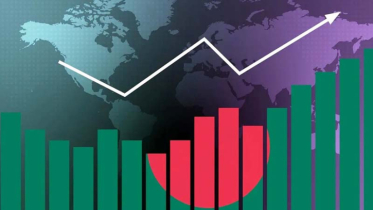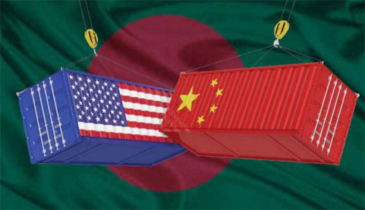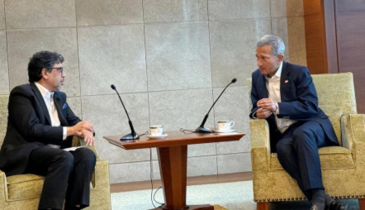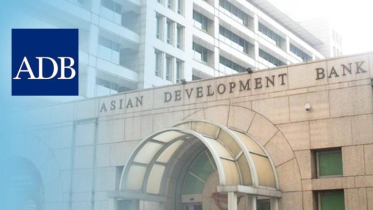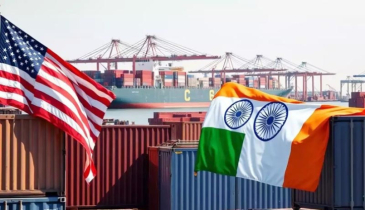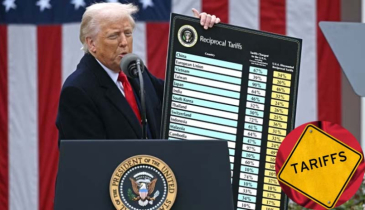India, Indonesia, others to help G7 fight ‘economic coercion'
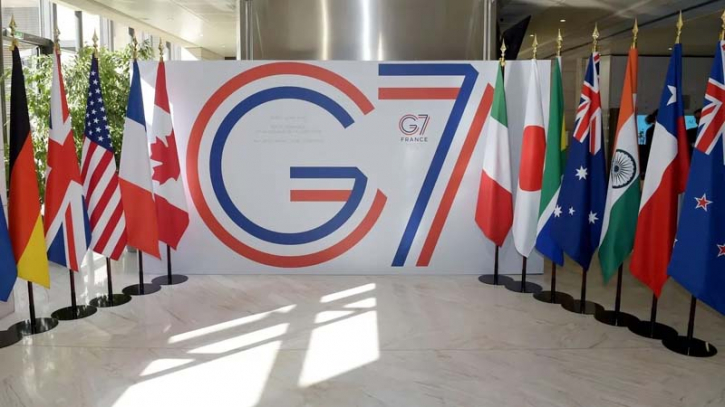
Trade ministers representing some of the world's most advanced economies gathered in Osaka, Japan, to underscore the importance of expanding their supply chain partnerships as a countermeasure against economic coercion.
During the Group of Seven (G7) meeting, India, Indonesia, Australia, Chile, and Kenya were invited to participate, recognizing their pivotal roles in helping the G7 nations establish resilient trade networks in a global landscape marked by mounting geopolitical tensions.
The conventional foundations of global trade, historically underpinned by the World Trade Organization, are currently facing challenges due to the escalating use of economic coercion and market distortion tactics, such as opaque industrial subsidies, as highlighted by Japanese Trade Minister Yasutoshi Nishimura. However, he refrained from specifying particular countries or instances.
This meeting occurs amid rising geopolitical tensions, including the conflicts in Ukraine and the Middle East, which have led to an increase in the use of trade measures such as sanctions and restrictions in pursuit of national security objectives. Notably, the United States and China have exchanged criticisms regarding economic coercion while simultaneously striving to maintain open channels of dialogue.
Japanese Foreign Minister Yoko Kamikawa emphasized the significance of enhancing the resilience of supply chains with regard to economic security imperatives. She did not mention any specific countries but pointed out that the robustness of economic and trade relations is heavily reliant on the behavior of certain nations.
In addition to the G7 and the five non-member nations, the outreach session also featured participation from prominent companies, including Japanese automaker Suzuki Motor Corp, Canadian fertilizer producer Canpotex, Germany's Siemens Energy AG, London-based miner Rio Tinto, and US semiconductor-laser manufacturer Coherent Corp, as reported by Japan's trade ministry.
The two-day meeting is set to conclude with the issuance of a joint statement, signaling a commitment to address the challenges posed by economic coercion on a global scale.
.png)
Advertisement



